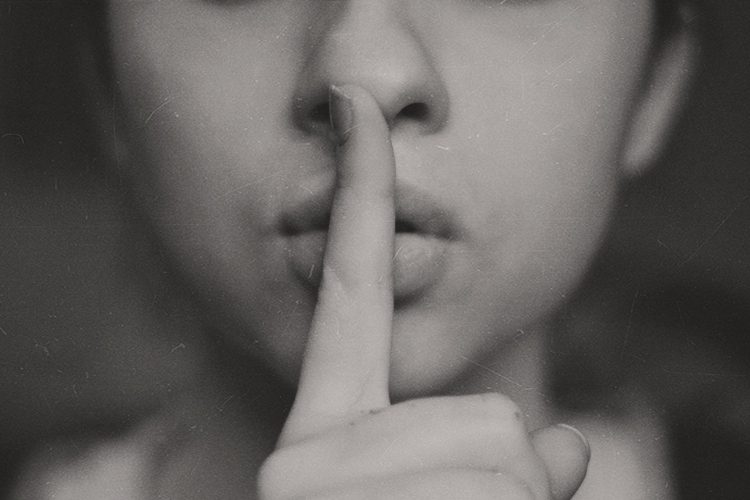In late October, Labour MP Peter Hain named Philip Green as the well-known businessman at the center of an alleged sexual and racial misconduct scandal. Given Hain’s parliamentary privilege, he said he felt it his ‘duty’ to reveal this information in the name of public interest.
Specifics on the allegations are yet to be revealed because of an injunction placed on media outlets prohibiting them from reporting on the matter. Testament to this is the fact that over the last weeks, major news outlets have only reported on the fact that Beyoncé has cut ties with Green by buying him out of Ivy Park, a collaboration project between their two companies.
The business tycoon Green, chairman of the Arcadia group that owns fashion chains including Topshop, is of the highest profile people in the UK to be implicated in such a scandal. Although the scope of the allegations is unclear, it is reported to consist of at least seven cases. The allegations are said to have been thwarted by non-disclosure agreements signed by the victims, some reportedly closing in at seven figures. Unsurprisingly, Green has released a statement ‘categorically’ denying the claims.
Green is no stranger to getting into trouble with the public. He is somewhat infamous in the UK media for his aggression, including racist rants against former employees. One such example is his 2013 outburst against an Irishman, which he later had to apologize for after customers threatened to boycott his stores.
In 2016, he made headlines again when he sold British retail chain, BHS, leaving behind large deficits, debunked pension schemes and 11,000 employees out of work. He later paid back £363 million into the pension schemes after much public backlash demanding he take action.
By no means should these past allegations be equated with guilt in the new sexual and racial misconduct allegations that have come to light. However, it does call into question his ethical boundaries and lack of respect towards employees in general. More to the point, it highlights a pattern of doing and saying as he pleases, only to apologize in retrospect when threats against his business are made. In this specific case, he has prevented the need to apologize by taking preemptive legal action against those who want to speak out against him. Not only is this another bullying tactic, it is suspicious for someone who is so vehemently denying the allegations.
Considering his position – and the power he has – the ability to discuss such claims in a public forum and reveal the truth is of paramount importance if we are to implement meaningful change. In the UK, he may well become the poster boy for #MeToo, encouraging whistleblowers to find the strength to come forward with other allegations. In spite of injunctions and non-disclosure agreements in place, the hope lies in the fact that we have never been better-equipped as a society to have these difficult public discussions and implement frameworks of protection for victims of power abuse.
However, the uniqueness of this case is that it also forces us to address the very fact of being able to buy silence. Is it ethical for media injunctions and non-disclosure agreements to be allowed in cases where they are used as a tool for silencing those in vulnerable positions? Should it even be possible to commodify someone’s voice and prevent them from talking about something that may have long-lasting psychological effects on those involved?
If nothing else this story coming to light proves that, despite progress, using money and power to prevent people from talking is still commonplace. Without reassessing the power dynamics in place, and the possibility of buying the rights to someone else’s story, the next Philip Green will also be free from any accountability. Perhaps the best thing we can do in response is to threaten his power by boycotting his brands – a language he can understand.

